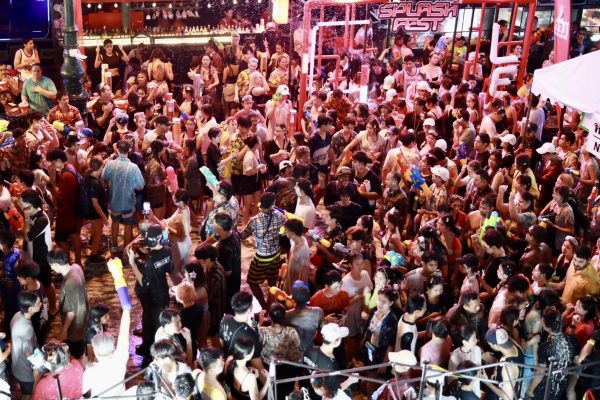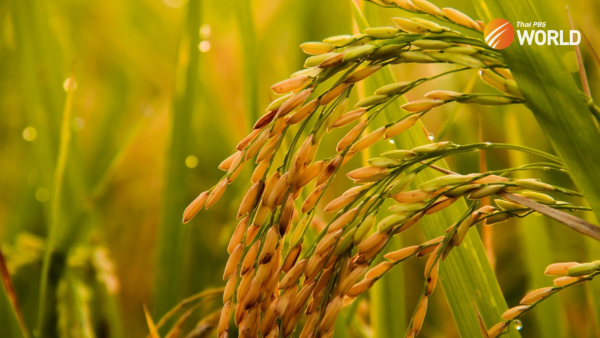Australian states impose border curbs as Sydney COVID-19 cluster grows

SYDNEY (Reuters) – Australian states and territories on Friday begun imposing border restrictions after 28 COVID-19 cases were detected from a cluster on Sydney’s northern beaches, with fears the number of infections will rise.
“Everyone in greater Sydney needs to be on high alert,” New South Wales (NSW) state Premier Gladys Berejiklian told a news conference on Friday in announcing 10 new cases.
Health authorities fear the cluster may have spread to other areas of Sydney as they have yet to determine the source of the infections.
NSW has urged about a quarter of a million residents in the affected suburbs in Sydney to stay home for three days.
“My anxiety is we have not found the direct transmission route and we cannot be sure we have blocked the transmission line,” said NSW Chief Health Officer Kerry Chant.
Christmas travel plans for thousands of people were thrown into chaos due to the border restrictions, with many people flocking to Sydney airport to try and fly out of the state.
The island state of Tasmania shut its border to anyone who has been in Sydney’s northern beaches on or since Dec 11, Queensland, Victoria and the Northern Territory demand people who have been on the northern beaches to quarantine for 14 days. While Western Australia state imposed this on anyone from NSW.
“My message very clearly is that if people are from the northern beaches of NSW it would be well advised for them to stay in the northern beaches and not travel to Queensland,” said Queensland state Premier Annastacia Palaszczuk.
The curbs are a blow to Australia’s hopes for an unchecked economic recovery and domestic tourism operators such as Virgin Australia and Qantas Airways.
Australia on Thursday projected its economy will recover from its first recession in three decades faster than previously anticipated after containing the spread of COVID-19.
Australia has reported just over 28,000 coronavirus cases and 908 deaths since the pandemic began and estimates most active cases in the country are returned overseas travelers in hotel quarantine.






